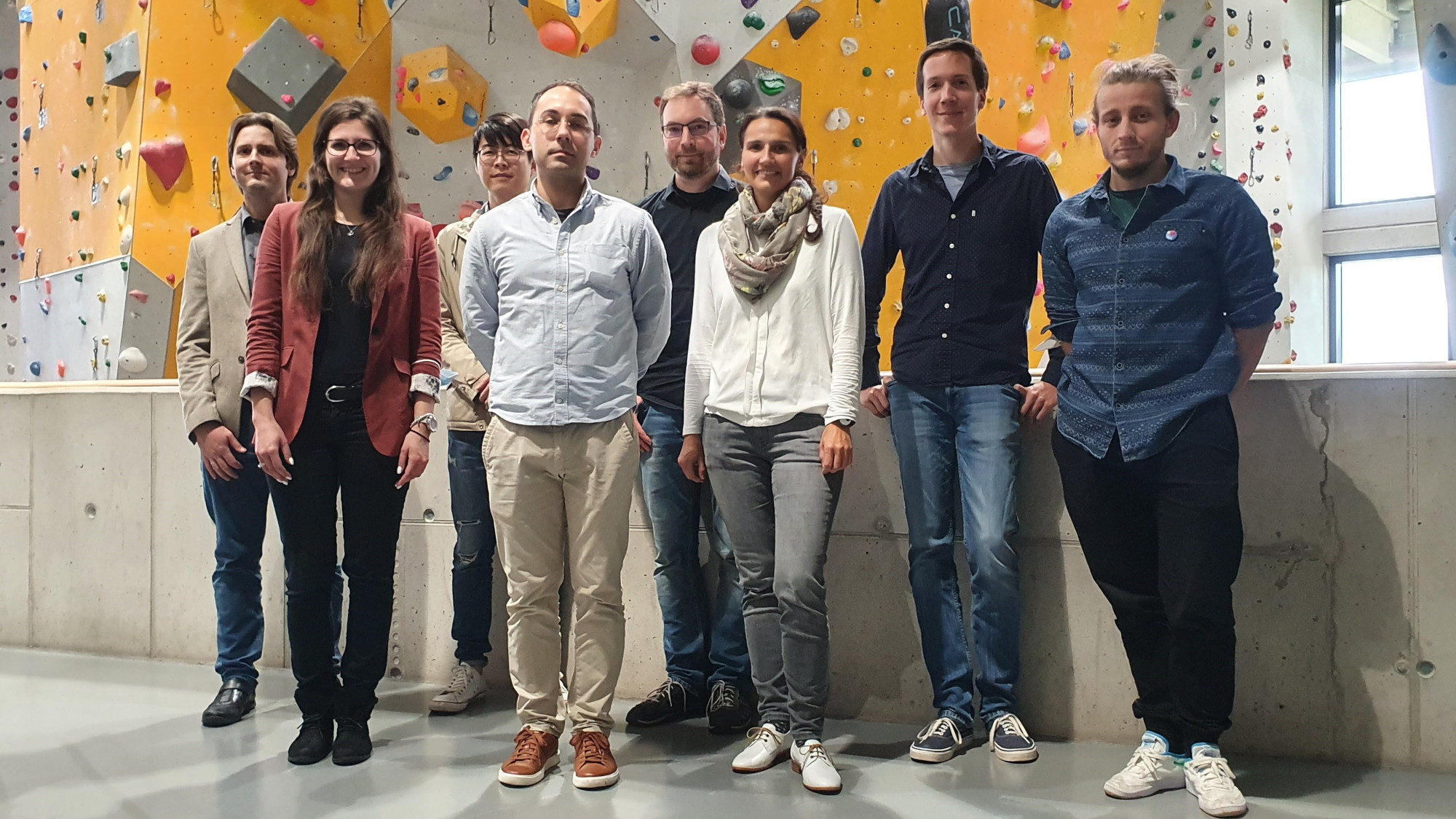
© Hanna Lührs
Radiation Revolution: Using Energy from Space to Power Space Travel and Benefit Our Planet
A research team is developing materials designed to protect against space radiation while converting this into electrical energy
Space radiation is considered hazardous, but researchers also see its potential as an energy resource. An interview with Tim Neudecker, chemistry professor at the University of Bremen, about new composites that could harvest electricity while protecting against radiation.
Professor Neudecker, what role does space radiation play as a potential energy source, and how could it be used to generate energy in the future?
Space radiation is widely regarded as a nuisance during space missions, and with good reason. Prolonged exposure to radiation can cause damage to humans and materials. However, there is potential for transforming the energy in space radiation into a functional power source, comparable to a solar cell. The development of a suitable material capable of harvesting energy from space radiation would enable additional energy to be generated in satellites or during space missions.
What technologies and materials are being developed in the project to offer protection against space radiation and to convert this energy into electricity?
In this project, ceramic materials and polymers, namely plastics, are combined to form a composite material, which can be used to generate electricity from space radiation. The project has made significant progress in understanding the effects of space radiation on materials: Charged particles penetrate the surface and eventually become trapped in the material. The big challenge is to maintain the stability of the material, and thus its uninterrupted functionality, despite this constant bombardment.
What advantages could the new ceramic and polymer composite materials bring in space exploration and possibly for applications on Earth?
In space research, these materials are primarily designed to provide individuals and technological systems with protection against space radiation. However, the energy harvested could be converted into electricity, while also providing a means for measuring the current radiation dose. Such materials can be used to measure radiation doses while providing efficient protection against it on Earth as well.
Personal Profile
Professor Tim Neudecker leads the research project “Materials to harvest energy from space radiation.” His work combines the fields of materials science, space technology, and theoretical chemistry. This collaborative project involves researchers from the University of Bremen, the Fraunhofer Institute for Manufacturing Technology and Applied Materials Research, and the German Aerospace Center.